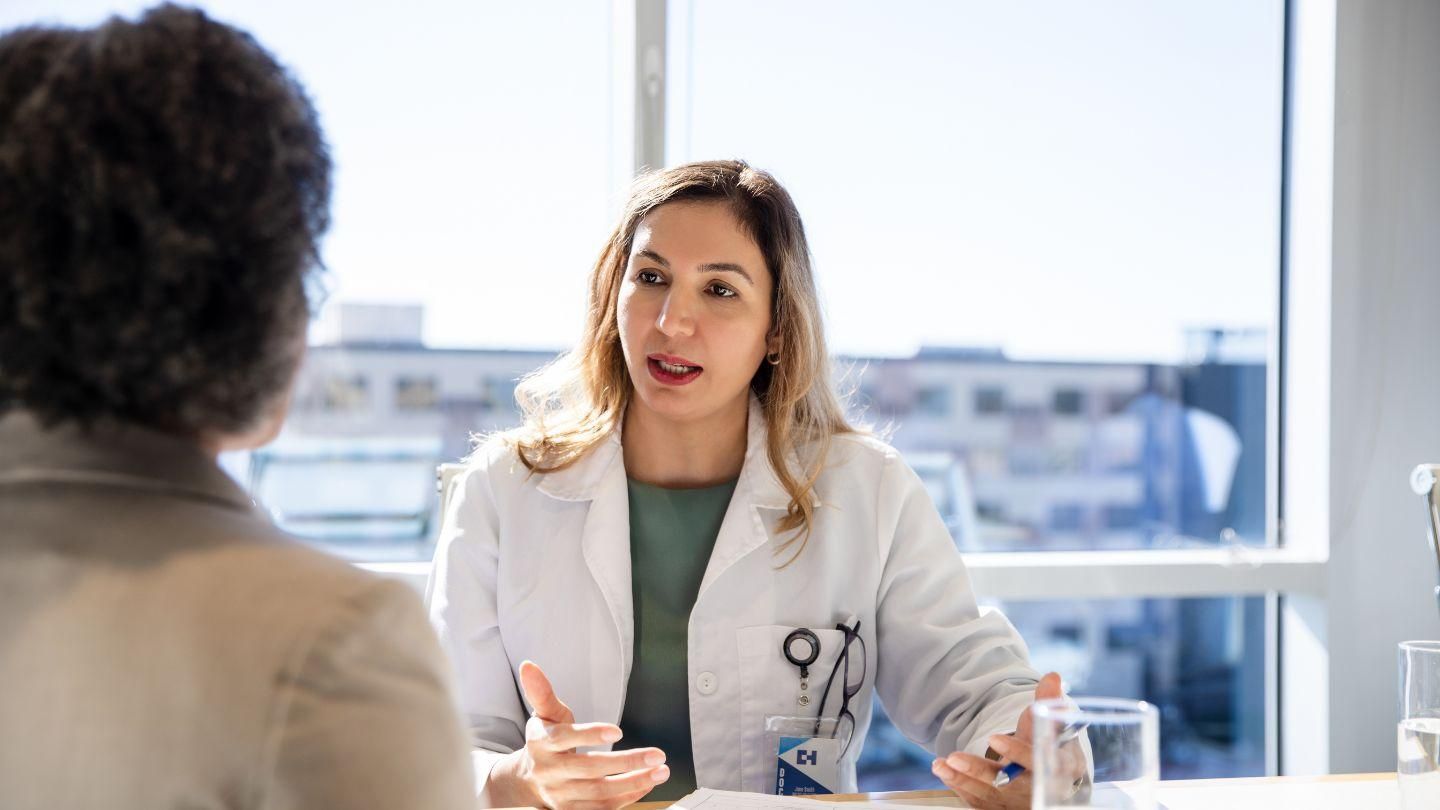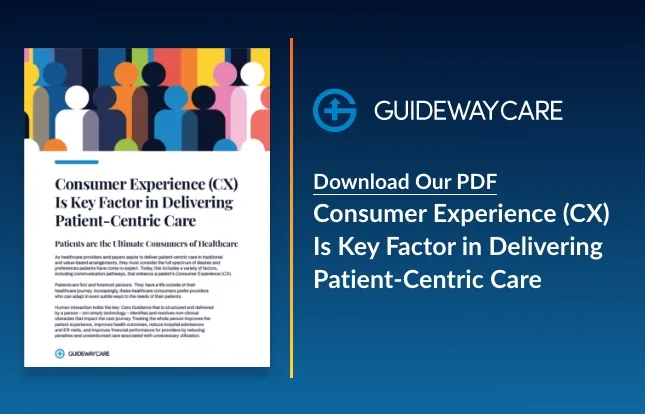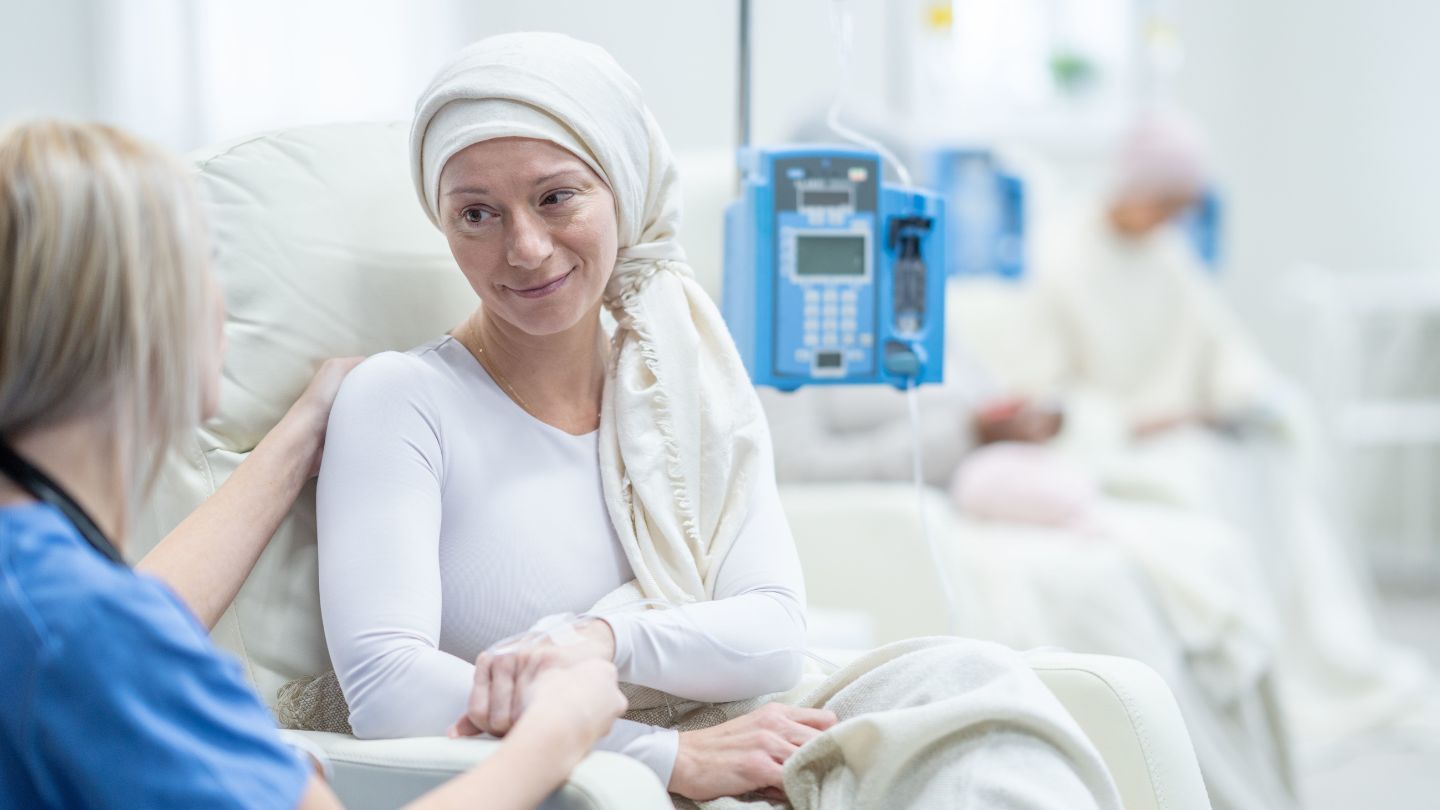Why and When You Should See an Oncologist

Cancer is a serious disease, and your chances of a full recovery depend greatly on how soon you see an oncologist. In this blog, we will explore all the symptoms that should inform you on when to see an oncologist.
Abnormal Test Results
One of the reasons you should see an oncologist is when you get abnormal test results. For example, you walk into a hospital for a routine test, such as blood tests, imaging scans, or screenings. The results from these tests are considered abnormal when they reveal potential cancer indications. As a precaution, you will be requested to see an oncologist. When your physician points out that these symptoms are unusual, it could be time to see an oncologist.
If You Suspect Cancer Symptoms
One way to potentially identify breast cancer is by checking for lumps in the breast, which may be a warning sign. Sometimes, your primary care physical will suspect cancer depending on the existence of suspicious symptoms, such as unexplained weight loss, persistent pain, chronic fatigue, and changes in bowel or bladder habits.
If Your Family Has a History of Cancer
If you have a family history of cancer, your risk of developing the disease may be higher. Some of these cancers that are commonly associated with an inherited gene mutation include prostate, ovarian, and colorectal cancer. You should see an oncologist early enough to ensure that your health is not at risk.
Continuous Monitoring After Treatment
Seeing an oncologist can determine how soon you start your cancer treatment. For some people, completing that treatment leaves them wondering if they should continue seeing an oncologist. Often there are usually short-term and long-term side effects of cancer treatment, and regular visits to the oncologist can help monitor your health and ensure early detection of signs of recurrence.
If You Need Multidisciplinary Care
If you are a patient who needs care from a team comprising surgeons, radiologists, and pathologists, it is only best that you also see an oncologist. Often, your primary physician will refer you to an oncologist to ensure that you receive optimal and coordinated care. By following the oncology care model, the role of the oncologist in your multidisciplinary care is to assess your condition and if you have any signs of cancer.
Improve Your Patient’s Visit Adherence
No patient wants to hear they have cancer, but it’s crucial to ensure they follow through on referrals. Guideway Care excels in creating value-based care models that address both clinical and non-clinical barriers, facilitating early diagnosis. Our approach, supported by an oncology patient navigator, helps patients navigate the complexities of care and ensures they adhere to necessary treatments and appointments.
Contact Us Today To Learn How We Can Help
"*" indicates required fields




